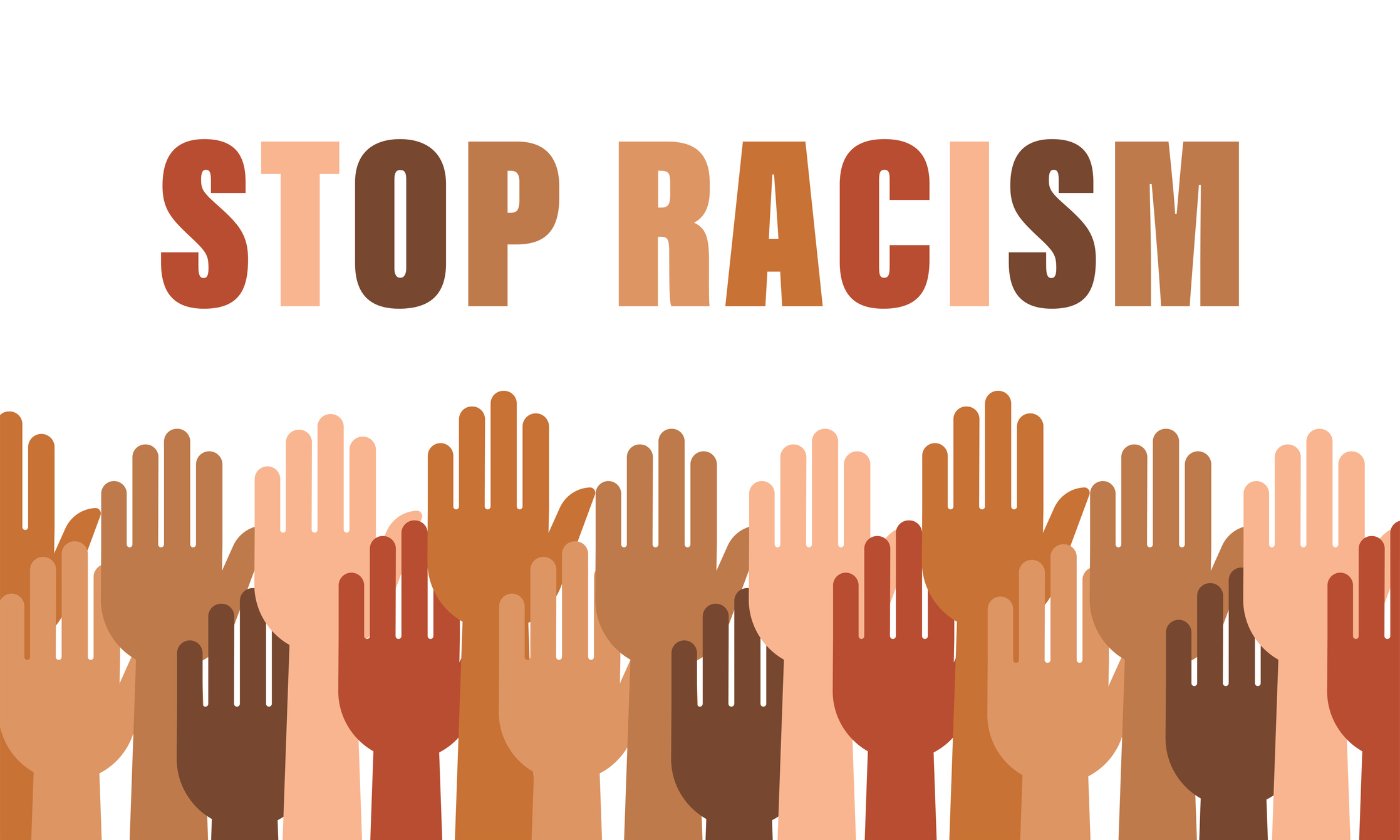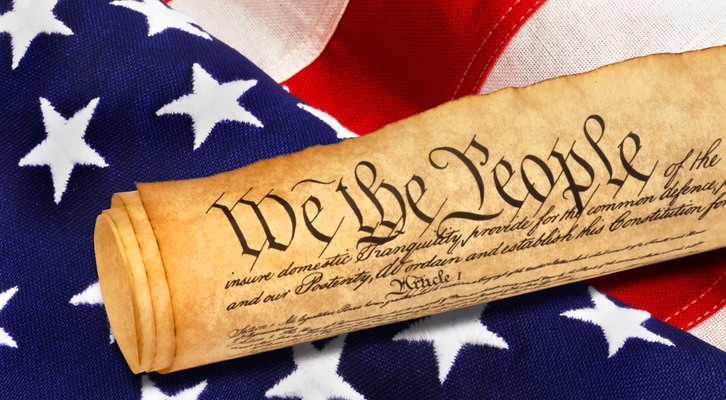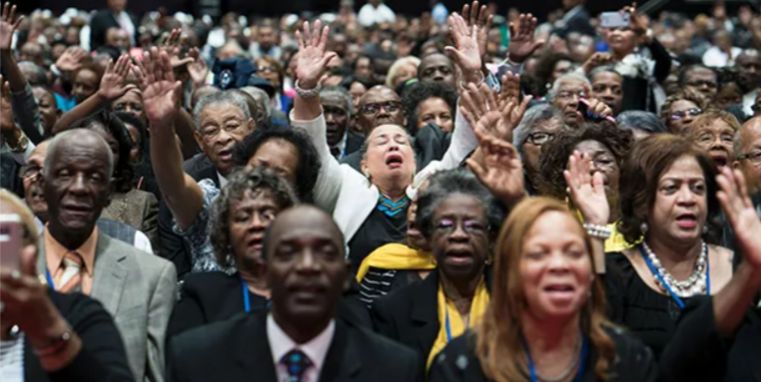(ThyBlackMan.com) The footage of George Floyd’s murder sparked outrage and demands for racial justice across America. Corporations and organizations rushed to show solidarity, pledging billions to combat systemic racism. Racial justice books soared to bestseller lists. Terms like “antiracism” went mainstream. But three years later, Black Americans remain in crisis, just recently victimized by a white supremacist in Jacksonville Florida.Antiracism has failed because it misunderstands the nature of systemic racism. Mainstream discourse reduces racism to individual acts of cruelty and bias. If we can just teach white people to acknowledge their privilege and overcome their prejudices, the logic goes, racism will wither away.
 This naïve view ignores the rotten roots at the core of American society. The United States was founded on institutions of slavery, genocide, and white supremacy. Our economic system was built on the dehumanization and exploitation of Black bodies. Our laws and culture reflect those racist origins.Appeals to white America’s conscience underestimate how deeply white supremacy is engrained. Slave masters had access to the same ethics and religion as abolitionists – it didn’t lead them to dismantle slavery. Because giving up power and privilege is not simply a matter of personal enlightenment.When force or incentive becomes necessary, moral idealism breaks down. After the Civil War, slavery was abolished, but the drive to preserve wealth and status saw the rise of convict leasing, Jim Crow, and segregation. After the gains of the civil rights movement, we get the War on Drugs and mass incarceration.Each new system cannibalizes the last to maintain an unequal status quo. The hierarchy finds fresh ways to exclude, divide, and dehumanize.Viewed in this sobering light, antiracism is revealed as hopelessly naive. Activist Angela Davis first popularized the term, saying that in a racist society, it’s not enough to be non-racist. But her vision got distorted into feel-good slogans and diversity initiatives that left oppressive structures intact.We cannot appeal to the conscience of a system without one. Today’s America does not sincerely want equality – it wants absolution and permission to carry on as always.Even the language of antiracism centers white feelings. “White fragility” and “white privilege” posit racism as a personal failing. This pins the responsibility for dismantling oppression on its beneficiaries, instead of its victims.But Black Americans cannot wait patiently for white people to self-reflect. And we cannot waste energy debating those acting in bad faith. Our strategy must empower our community with knowledge, economic resources, and collective action.This starts by exposing the roots of systemic racism through counter-racist education. Next, building parallel structures to reduce dependency on racist institutions. And finally, pressuring the system through labor strikes, boycotts, and protest.Antiracism offers catharsis, not change. White people can signal virtue without sacrificing anything. But lasting justice requires confronting, not coddling, supremacist power. We must wield counter-racist knowledge to press non-negotiable demands.No political theory yet devised has improved on Malcolm X’s call to achieve equality “by any means necessary”. Progress happens when the status quo fears change less than maintaining oppression.Definitions of racism that only encompass conscious hate overlook that reality. Racism is about preserving power. Therefore, antiracism cannot limit itself to raising awareness and inspiring compassion. Not when the system has none to spare.We must move past superficial solutions and build authentic power. On a foundation of counter-racist education, economic independence, and uncompromising pressure from below, the walls of racism will crack and fall. No other road leads to justice for all.
This naïve view ignores the rotten roots at the core of American society. The United States was founded on institutions of slavery, genocide, and white supremacy. Our economic system was built on the dehumanization and exploitation of Black bodies. Our laws and culture reflect those racist origins.Appeals to white America’s conscience underestimate how deeply white supremacy is engrained. Slave masters had access to the same ethics and religion as abolitionists – it didn’t lead them to dismantle slavery. Because giving up power and privilege is not simply a matter of personal enlightenment.When force or incentive becomes necessary, moral idealism breaks down. After the Civil War, slavery was abolished, but the drive to preserve wealth and status saw the rise of convict leasing, Jim Crow, and segregation. After the gains of the civil rights movement, we get the War on Drugs and mass incarceration.Each new system cannibalizes the last to maintain an unequal status quo. The hierarchy finds fresh ways to exclude, divide, and dehumanize.Viewed in this sobering light, antiracism is revealed as hopelessly naive. Activist Angela Davis first popularized the term, saying that in a racist society, it’s not enough to be non-racist. But her vision got distorted into feel-good slogans and diversity initiatives that left oppressive structures intact.We cannot appeal to the conscience of a system without one. Today’s America does not sincerely want equality – it wants absolution and permission to carry on as always.Even the language of antiracism centers white feelings. “White fragility” and “white privilege” posit racism as a personal failing. This pins the responsibility for dismantling oppression on its beneficiaries, instead of its victims.But Black Americans cannot wait patiently for white people to self-reflect. And we cannot waste energy debating those acting in bad faith. Our strategy must empower our community with knowledge, economic resources, and collective action.This starts by exposing the roots of systemic racism through counter-racist education. Next, building parallel structures to reduce dependency on racist institutions. And finally, pressuring the system through labor strikes, boycotts, and protest.Antiracism offers catharsis, not change. White people can signal virtue without sacrificing anything. But lasting justice requires confronting, not coddling, supremacist power. We must wield counter-racist knowledge to press non-negotiable demands.No political theory yet devised has improved on Malcolm X’s call to achieve equality “by any means necessary”. Progress happens when the status quo fears change less than maintaining oppression.Definitions of racism that only encompass conscious hate overlook that reality. Racism is about preserving power. Therefore, antiracism cannot limit itself to raising awareness and inspiring compassion. Not when the system has none to spare.We must move past superficial solutions and build authentic power. On a foundation of counter-racist education, economic independence, and uncompromising pressure from below, the walls of racism will crack and fall. No other road leads to justice for all.
Staff Writer; Janga Bussaja
One may contact this brother at; JangaB@ThyBlackMan.com.
















The question all African-Americans should ask themselves today is whether they truly understand, and believe in an America that values a pluralistic democracy (i.e., numerous political parties) with a capitalist economic base (i.e., the ownership and selling of property) that reflects an unequal distribution of available goods and services based on merit (i.e., a medical doctor merits more pay than a trash collector).
Although America does have social programs, our political and economic systems are not inherently socialistic. Our fallen martyr Dr. Martin Luther King Jr. wanted nothing more than for African-Americans to be accepted by the white majority as American citizens equal to them. King did not advocate a back to Africa movement. He also did not advance an overthrow of the American government; instead he suggested improvements in the American government.
King was content just to be a first-class American citizen contributing to the political glorification of America, and to that end he advocated integration of schools to improve African-American education, and to also help eliminate the dehumanization of both African-Americans and whites. Today, both white and black American citizens underestimate the inherent organizing strengths of the U.S. Constitution by continually misinterpreting the corrective intent of the 13th, 14th and 15th amendments to the U.S. Constitution thereby maintaining a fallacious logic in law.We continue to be racist by choice.We have the ability to change our racist thoughts through our three branches of government.These branches are the Legislative,judicial, and the executive.
The logical qualifier should be “all” U.S, citizens, regardless of skin color, or race “are” U.S. citizens subject to protection by the U.S. Constitution, not “some.” African-Americans should utilize their acquired scholastic, technological and global organizational skills to help defeat the political and legalistic resurfacing of white supremacy, and white privilege racism emanating from the various states of the union, Congress, and the presidency.